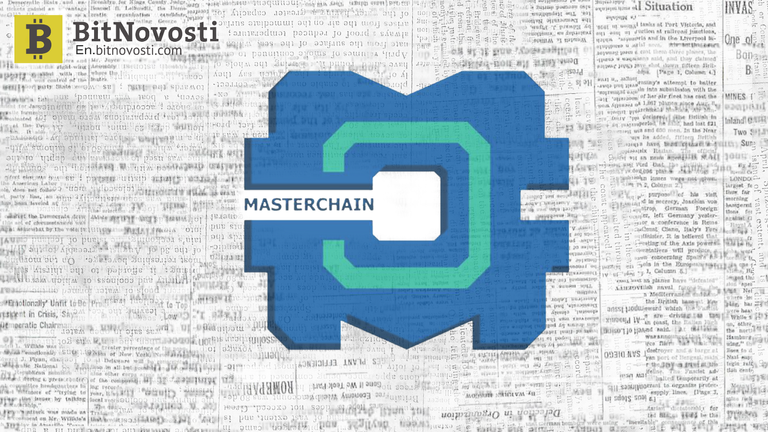
The Bank of Russia issued amendments to its “Guidelines for Remittances” containing the detailed description of blockchain-based operations with letters of credit.
Letter of credit (LC) is basically a commitment by a bank on behalf of its client that payment will be made to a third party, provided that the terms and conditions stated therein have been met.
According to the new rules, a client will be able to check the correctness of remittance procedures, as well as the related electronic information exchange and the provision of associated documents through the use of “distributed electronic systems (blockchain)”.
Settlement participants will have to provide banks with links to the blockchain system containing the information on the LCs. The new rules will come into force ten days after the release of the said amendments.
Certain conditions need to be met, however, in order for a letter of credit to be accepted by a bank. Recipient bank should be able to open, read and verify all the data required. Thus, the blockchain system containing LC terms must be identifiable and available throughout the whole verification period.
Depending on the exact LC terms, the access to such a system may be limited or provided on a fee basis.
The beneficiaries of the LCs will be able to use blockchain to inform the banks of the closure of the operation as well.
According to the Deputy Head of the Bank of Russia Olga Skorobogatova, “Masterchain” will, most likely, serve as a main blockchain platform for such transactions.
The Bank of Russia has been developing “Masterchain” in collaboration with the members of FinTech Association, including Qiwi payment system, Sberbank, Alfa-bank and some other banks and companies.
Despite the fact that the Head of the Bank of Russia Elvira Nabiullina opposes the idea of recognizing cryptocurrencies as a legal tender in Russia, Russian financial regulator has been gradually adopting the underlying blockchain technology.
It is also worth noting that Russia plans to switch its Financial Messages Transmission System (the local equivalent of SWIFT) to blockchain by 2019.